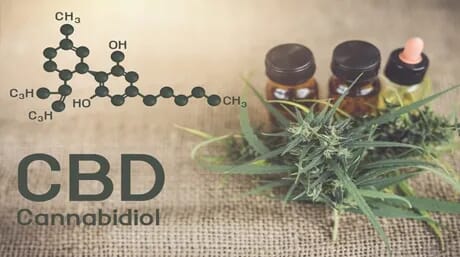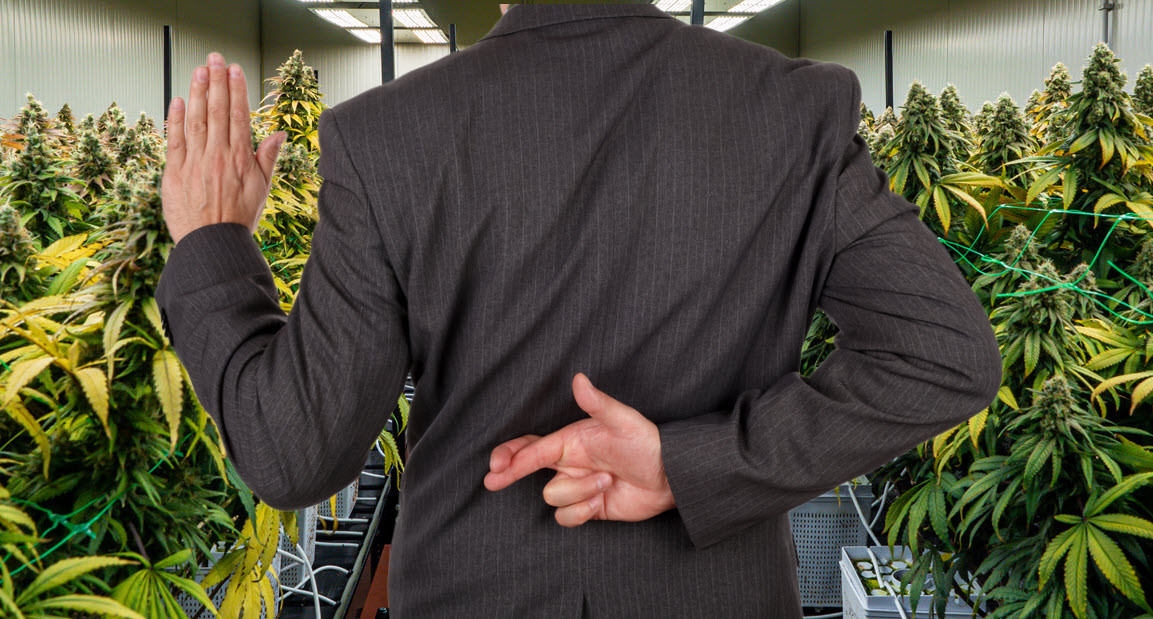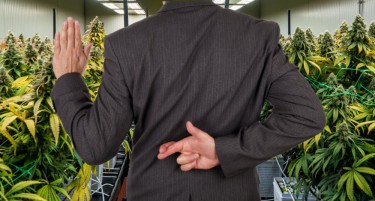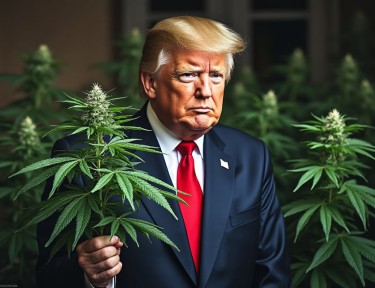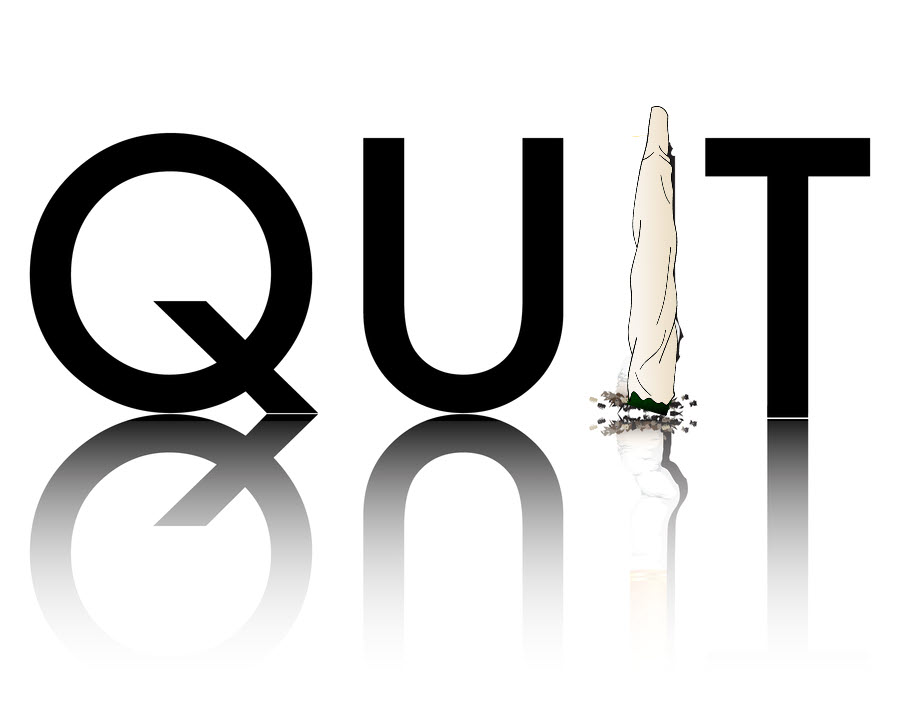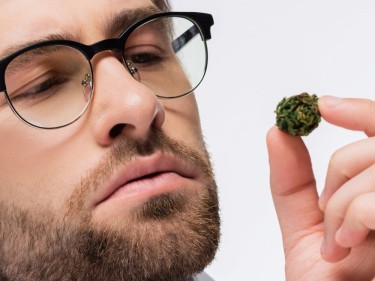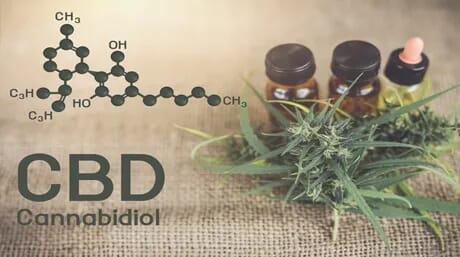
As an old hippie biochemist with a passion for weed, I’m here to share my knowledge and personal experiences on how to make CBD oil at home. Whether you’re a novice or an experienced enthusiast, this guide will walk you through the process in a way that anyone can understand.
Before we begin, let’s gather our ingredients and tools:
Ingredients:
- High-quality CBD flower or hemp biomass
- Carrier oil (such as olive oil, coconut oil, or MCT oil)
- Optional: Flavorings or essential oils for customization
Tools:
- Grinder or blender
- Double boiler or slow cooker
- Cheesecloth or fine mesh strainer
- Glass jars or bottles for storage
Step 1: Decarboxylation
To activate the beneficial compounds in the CBD flower, we need to decarboxylate it. Preheat your oven to 220°F (105°C). Break the flower into smaller pieces and spread them evenly on a baking sheet. Bake for about 45 minutes, gently shaking the tray every 15 minutes to ensure even heating. This process converts CBDa into CBD, unlocking its therapeutic potential.
Step 2: Extraction
Now, let’s extract the CBD from the decarboxylated flower. Grind the flower into a coarse consistency using a grinder or blender. Place the ground flower into the top of a double boiler or slow cooker, and add your chosen carrier oil. The oil-to-flower ratio will depend on your desired potency, but a general guideline is 1 cup of oil to 1 ounce (28 grams) of flower.
Heat the mixture on low heat for several hours, stirring occasionally to prevent burning. This gentle heat helps infuse the oil with CBD and other beneficial compounds. The longer you heat it, the more potent the final product will be. Aim for at least 4-6 hours of extraction time.
Step 3: Straining and Storing
Once the extraction process is complete, it’s time to strain the oil. Line a fine mesh strainer or cheesecloth over a clean glass jar or bottle. Slowly pour the oil mixture through the strainer, allowing the liquid to separate from the plant material. Squeeze the strainer or cheesecloth to extract as much oil as possible.
Discard the leftover plant material or save it for other uses like making edibles. Seal the jar or bottle tightly and store your homemade CBD oil in a cool, dark place. Properly stored, it can last for several months.
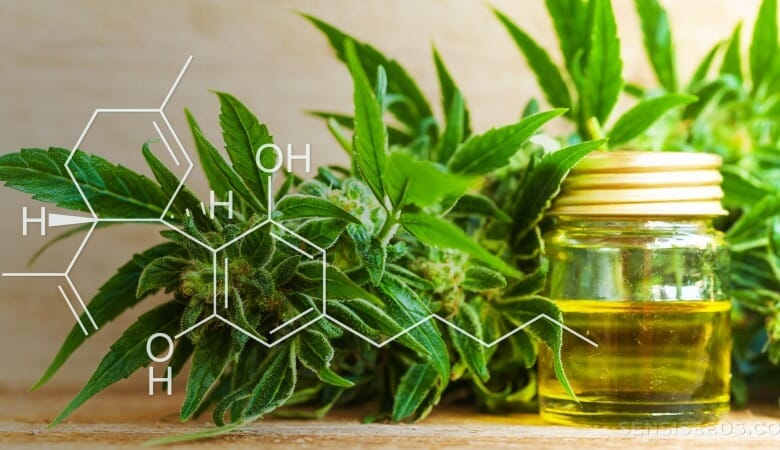

As an experienced biochemist and CBD enthusiast, I’ve experimented with different strains and carrier oils. I’ve found that using high-CBD strains like Carmagnola or White Quinn produces the best results. Additionally, I prefer using organic, cold-pressed coconut oil as my carrier oil for its mild flavor and added health benefits.
Remember, dosage and potency may vary depending on the strain and extraction method used. Start with a small dose and gradually increase as needed. Consistency is key when using CBD oil for therapeutic purposes.
Disclaimer: While making CBD oil at home can be a rewarding experience, it’s important to note that it may not be as standardized or regulated as commercially available products. Always consult with a healthcare professional before incorporating CBD oil into your wellness routine.
Enjoy the process of creating your own CBD oil and embrace the natural goodness it brings. Feel the connection to nature and the healing properties of this incredible plant. Happy brewing!
Note: This information is provided for educational purposes only and should not be considered medical or legal advice. Please consult with a healthcare professional or research local regulations before making or using CBD oil.
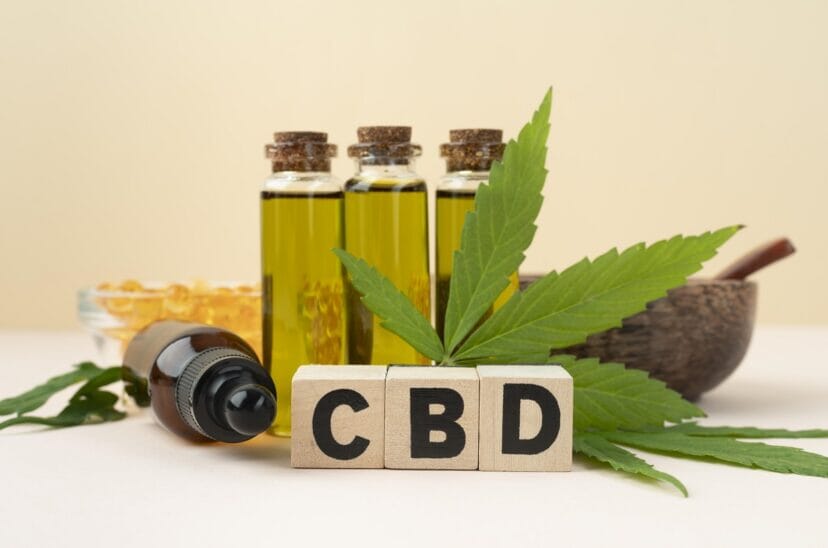

Ways of Consumption:
In the world of cannabis, consumption has evolved significantly, and water pipes or bubblers have become a popular choice. These devices allow for easy administration of the inhaled dose. A typical bubbler consists of a pipe and a titanium bowl where substances are placed. There are several types available:
Borosilicate Bubbler: These glass water pipes stand out for their design that facilitates a smoother and easier smoking experience compared to traditional water pipes. Their finishes may vary, but they are distinguished by their functionality and transparent design, away from excessive ornamentation.
Micro Bubbler: Specially designed for tasting hash oil, this compact model concentrates flavor to the maximum. Generally, it has four small holes for filtration.
Macro Bubbler: Similar to the micro bubbler but larger, like the renowned Toro-type models. These larger bubblers, with multiple in-line filtration holes, are ideal for enjoying hash oil and resins.
In addition to inhalation consumption, cannabis can also be consumed orally, especially for therapeutic purposes. Oils are a popular option for medical consumers, as they can be mixed with other oils such as olive oil to facilitate dosing and minimize psychoactive effects, thus allowing only the desired therapeutic effects to be obtained.
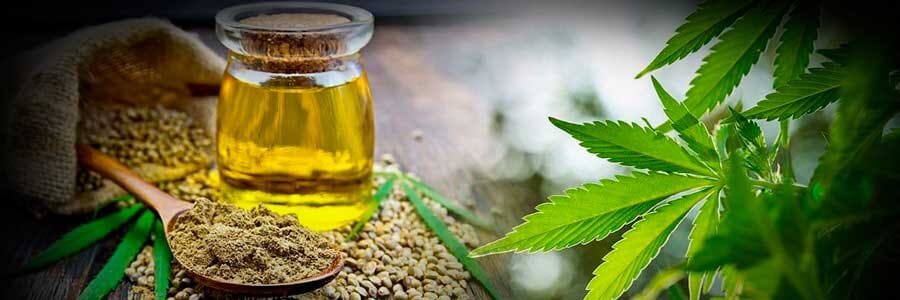

Why is Hashish Oil So Popular?
Hashish oil, also known as RSO, is a highly concentrated cannabis extract that can be consumed or smoked. Its preparation is simple, using common kitchen utensils, and it can be stored and dosed easily. The choice of the right alcohol, such as ethanol or Everclear, is crucial for its production. This oil is produced by mixing high-proof alcohol with marijuana, filtering the mixture, and evaporating the alcohol, leaving a thick and resinous substance. Due to its high concentration, only a small amount is needed to achieve the desired effects, making it efficient and long-lasting.





